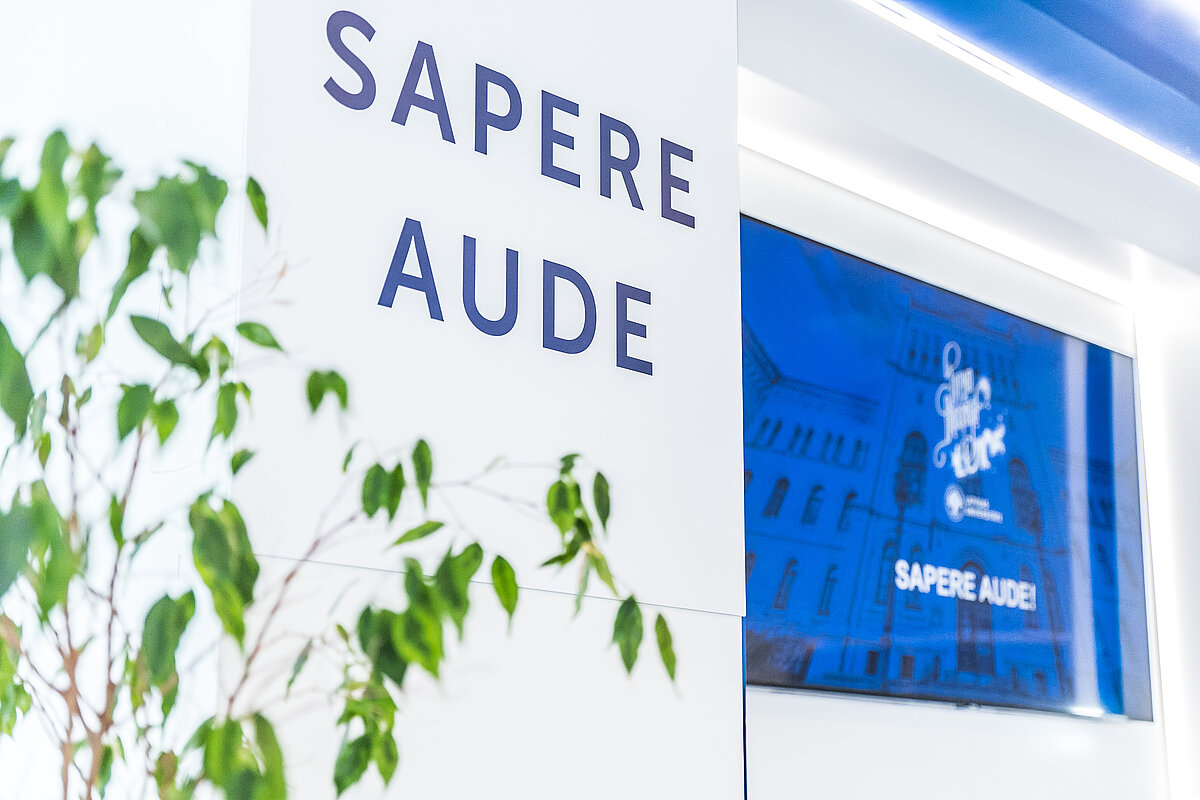
The Baltic Germans, their history and culture, have been studied extensively over the past century and more. Few topics in Baltic history over the longue durée can be written without including the Baltic Germans. Yet research on many topics involving them seems to be waning. Even definitions of Baltic Germanness remain varied. Although the term Deutschbalten itself came into wide use only in the latter decades of the nineteenth century, and we know that they defined themselves differently in different settings, these days their history is addressed primarily through contemporary Estonian, Latvian or German national perspectives.
While the narratives of nationalism, Balticness, and Russification are among the most studied topics in Baltic history and historiography, narratives of Germanness are less so. This conference seeks to draw attention to the most recent research on these issues and to put the arising questions in a new light. We seek to look anew at the position of the Baltic Germans between the Russian and German empires from the late nineteenth century until the late interwar period, when these former imperial elites had turned into mere minority groups in independent Estonia and Latvia.
In-betweenness was characteristic of the Baltic Germans in geographical, religious, political as well as ethnic terms. This is also compounded by the dichotomies of professional and popular scholarship, and of the Baltic Germans’ disciplinary and political ambitions. We are especially interested in new research on the “Baltic propaganda” of the early twentieth century promulgated by the Baltic Germans about this region elsewhere in Europe, including in Russia, which often disregarded the majority populations of the Baltic lands.
An estimated 16 scholars will participate in the two-day conference, including both established and young scholars. In addition to overarching perspectives, we welcome narrower case studies or biographical contributions that are characteristic of those broader tendencies.
Please send your title, abstract (300 words) and short bio (max. 2 pp.) by September 15, 2025 to both Kristina Jõekalda (kristina.joekalda@artun.ee) and Bradley Woodworth (bradley.woodworth@yale.edu). Selected speakers will be notified by October 1.
Conference Organizing Team:
Bradley Woodworth (Professor, University of New Haven; Baltic Studies Program Manager, Yale University)
Kristina Jõekalda (Associate Professor, Estonian Academy of Arts, Tallinn)
Gustavs Strenga (Associate Professor, Latvian Academy of Culture, Riga)
Ginta Ieva Bikše (Research Assistant, University of Latvia, Riga)
Carly Koebel (Senior Program Manager, Yale University, New Haven)

 CONFERENCE
CONFERENCE